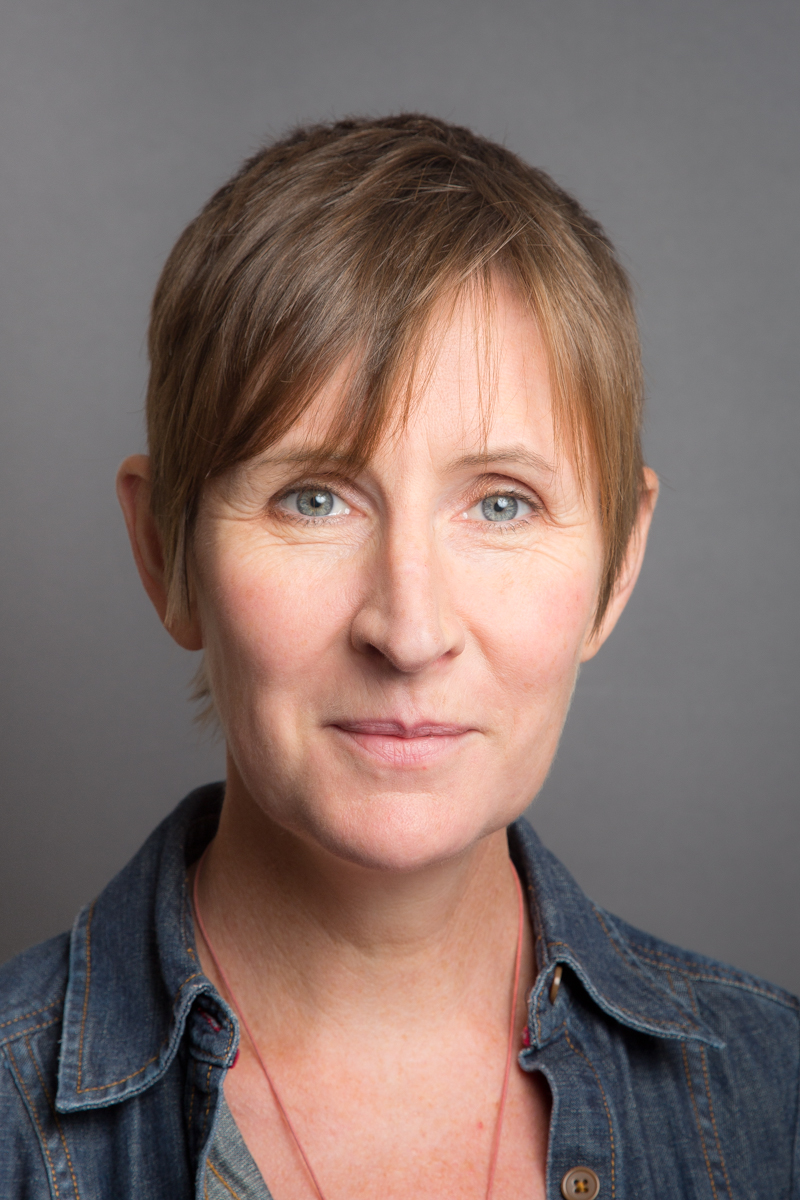Severe mental health issues and access to annual health checks: A systematic review
What were we trying to do?
The 2023/24 Quality Outcome Framework (QOF) indicators within the NHS long-term plan define severe mental illness (SMI) as having a diagnosis of schizophrenia, bipolar affective disorder and other psychoses.
Although annual health checks (AHCs) should occur for people living with SMI, for a variety of reasons there appeared to be disparities. This research aimed to complete a mixed-methods systematic review of the available evidence to explore the accessibility of AHCs in UK primary care for people living with SMI and sharing protected characteristics as identified in Core20PLUS5.
Why was this important?
In England, over half a million people live with SMI. Research suggests that they have a higher chance of death than the general population and are more likely to experience other illnesses such as diabetes, cardiovascular disease, obesity and cancer.
Mental illness is a protected characteristic, which means people are protected by law. Unfortunately, they often experience discrimination because of the label. People living with SMI and sharing protected characteristics (for example, age, sex, gender, ethnicity) and other socially marginalised groups (such as travellers, sex workers, people experiencing homelessness and people with drug and alcohol dependence), often experience multiple forms of discrimination because of the labels.
The NHS aims to provide AHCs for at least 60% of people living with SMI. However, despite the increased health risks, general health screening appears lower than in the general population.
Increasing the number of AHCs for people living with SMI may enable the healthcare system to identify potential health issues earlier. This could reduce health inequalities.
How did we do it?
Using a number of databases and focused websites, we reviewed the available evidence about AHCs and short health screening interventions for people living with SMI. This helped identify the gaps and enabled us to provide future recommendations.
To guide the review, we focused on the following questions:
- What are the barriers and facilitators of access to AHCs for people living with SMI?
- What features, actions, interventions or models of service provision improve uptake and access to AHCs for people living with SMI?
- To what degree does the evidence on SMI and access to AHCs represent marginalised groups as identified in Core20PLUS?
- What are the barriers and enablers of access to AHCs for people living with SMI from marginalised groups, as identified in Core20PLUS?
Findings
In total, 36 studies were included in the systematic review. Of those:
- 5 small descriptive studies implemented reasonable adjustments to increase access to AHCs, but there was a lack of evaluation, controls and comparisons
- 26 studies didn't discuss deprivation or ethnicity
- 6 studies discussed barriers and facilitators of access to AHCs for people of different ethnic, linguistic or cultural backgrounds
- 0 studies discussed travellers, homeless people, people living in sheltered housing, sex workers, people with drug and alcohol dependence and people living in prisons.
There are access inequalities to AHCs for people living with SMI sharing protected characteristics. There was limited evidence for interventions improving access to AHCs. The review produced variable and often contradictory evidence around barriers to and facilitators of access for people living with SMI.
Urgent - and reliable - research is needed to support evidence-informed solutions identifying, modifying and reducing barriers for people living with SMI in accessing AHCs.
Resources
More information

Programme Manager
Gill Rizzello
Gill.rizzello@manchester.ac.uk